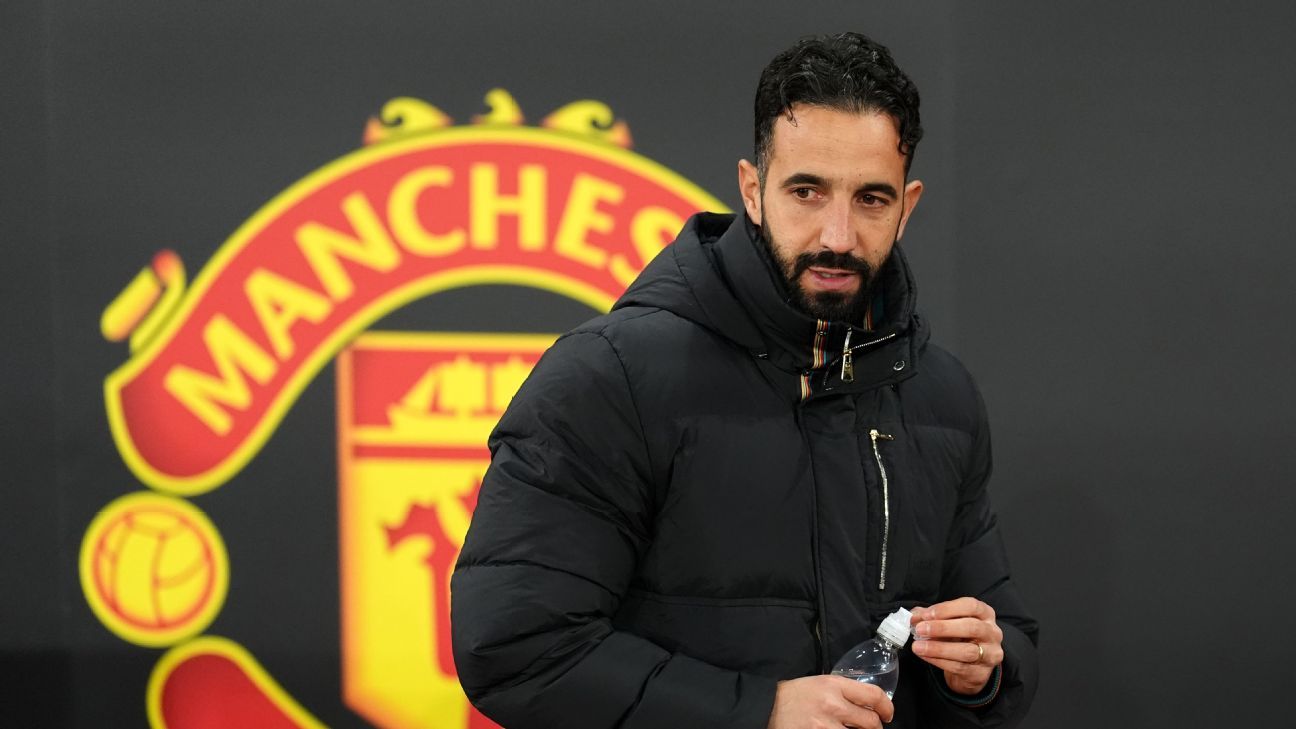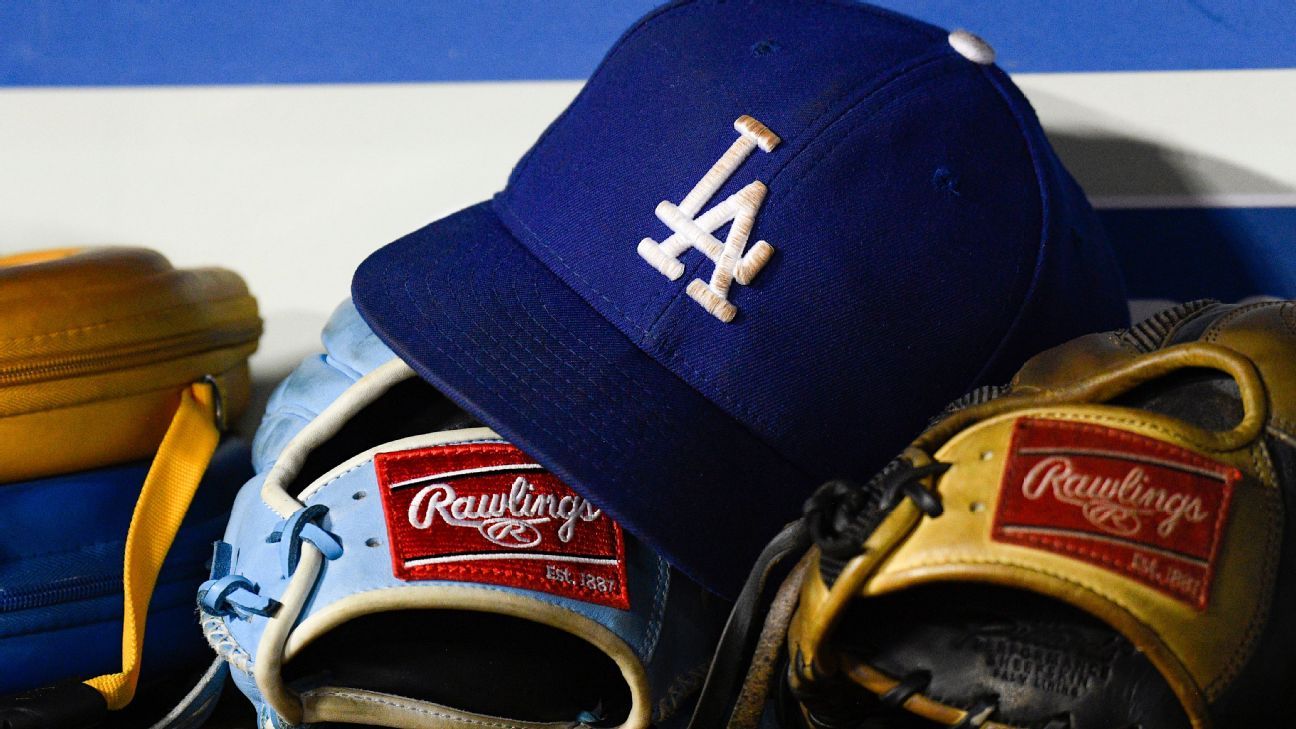Stranded Olympians From South Sudan Find Unexpected Haven in Japan
Written by Sports News
Published in
Video
Friday, 16 July 2021 01:14
For the past 20 months, the South Sudanese track-and-field team have been training in Maebashi, a city two hours north of Tokyo, for the Olympics which start on July 23. The five arrived before the games were delayed by the global Covid-19 pandemic last year, expecting to be here for only half a year.
Now, the area known for its historic silk industry has become a second home for the athletes as they seek the first-ever Olympic medal for the Republic of South Sudan, which gained independence in 2011 only to be caught up in a civil war for most of the next decade.
The city of 334,000 has taken in the team, helping to raise money to pay for their stay. On weekends and holidays, the group has mingled with locals at dancing parties, given speeches at schools and universities, and worked with the local police department to raise terrorism awareness. Even amid the controversy over holding the Olympics during a global virus outbreak, the relationship between the South Sudanese and their hosts have generated positive publicity and goodwill.
“We shall be able to learn a lot of things from each other, both bad and good,” said 1,500-meter runner Abraham Guem, who lost his step brother in the civil war. “What we feel is good, we take and teach our people at home. And what we feel is bad, we learn but we leave at the Olympic Village gate when we leave.”
Hosting the group hasn’t come cheap for Maebashi. Initially budgeted at about 20 million yen ($182,000), the cost of the stay grew to 30 million after the games were delayed. The bulk of the money was raised through a national program that lets people buy products from regional economies in exchange for tax deductions. Essentially a crowd-funding campaign, taxpayers from across Japan have contributed funds by buying Maebashi’s premium strawberries, peaches and pork, as well as the “soul food” of the region: roasted rice-cakes stuffed with red bean paste.
A typical day for the group consists of Japanese and computer lessons in the morning, followed by track-and-field training in the afternoon. For food, the group gathers at a cafeteria in the basement of city hall where on a recent Tuesday they ate fried chicken with pasta, boiled vegetables and steamed rice. Almost every meal comes with a hot bowl of miso soup, which has become a staple for the group - although mostly eaten by spoon and not with chopsticks.
Maebashi officials have also kept the athletes busy with calligraphy lessons, introducing traditional Japanese musical instruments such as the koto, and training in the mountains outside the city. The players also learned to ride bicycles. Training in Maebashi hasn’t been without some hiccups. South Sudan’s athletes pushed back against learning Japanese five days a week, which they saw as having limited use in the future. Organizers eventually changed their schedule to include more computer classes.
“Interacting with the athletes has given our citizens an opportunity to really reflect about peace,” Shinichi Hagiwara, head of sports activities at Maebashi who oversees the South Sudanese program, said in an interview.
Guem’s brother was among the estimated 400,000 casualties from the war, one of bloodiest conflicts in modern African history. Backed by the U.S. government, the Christian-majority South Sudan in 2011 won independence from Sudan, which is mostly Muslim. But an internal conflict quickly sent the new nation into a bitter struggle that wiped out almost 5% of its population through ethnic cleansing and widespread famine.
The scale of the bloodshed prompted relief efforts including an unusual offer from Japan: financing the training of South Sudanese athletes who lack the security and sports facilities in their home country. By sending a team to the Olympics, the Japan International Cooperation Agency’s Partnership program aims to promote unity between warring factions at home.
“As a new athlete I don’t know how it will go because I’m going to face tougher athletes with much stronger times compared to my own,” said Guem. “But I have to fight hard and at least reach the finals for my country.”
Subscribe to our YouTube channel: https://bit.ly/2TwO8Gm
Bloomberg Quicktake brings you live global news and original shows spanning business, technology, politics and culture. Make sense of the stories changing your business and your world.
To watch complete coverage on Bloomberg Quicktake 24/7, visit http://www.bloomberg.com/qt/live, or watch on Apple TV, Roku, Samsung Smart TV, Fire TV and Android TV on the Bloomberg app.
Have a story to tell? Fill out this survey for a chance to have it featured on Bloomberg Quicktake: https://cor.us/surveys/27AF30
Connect with us on…
YouTube: https://www.youtube.com/user/Bloomberg
Breaking News on YouTube: https://www.youtube.com/c/BloombergQuickTakeNews
Twitter: https://twitter.com/quicktake
Facebook: https://www.facebook.com/quicktake
Instagram: https://www.instagram.com/quicktake
















 Phone: (800) 737. 6040
Phone: (800) 737. 6040 Fax: (800) 825 5558
Fax: (800) 825 5558 Website:
Website:  Email:
Email: 






